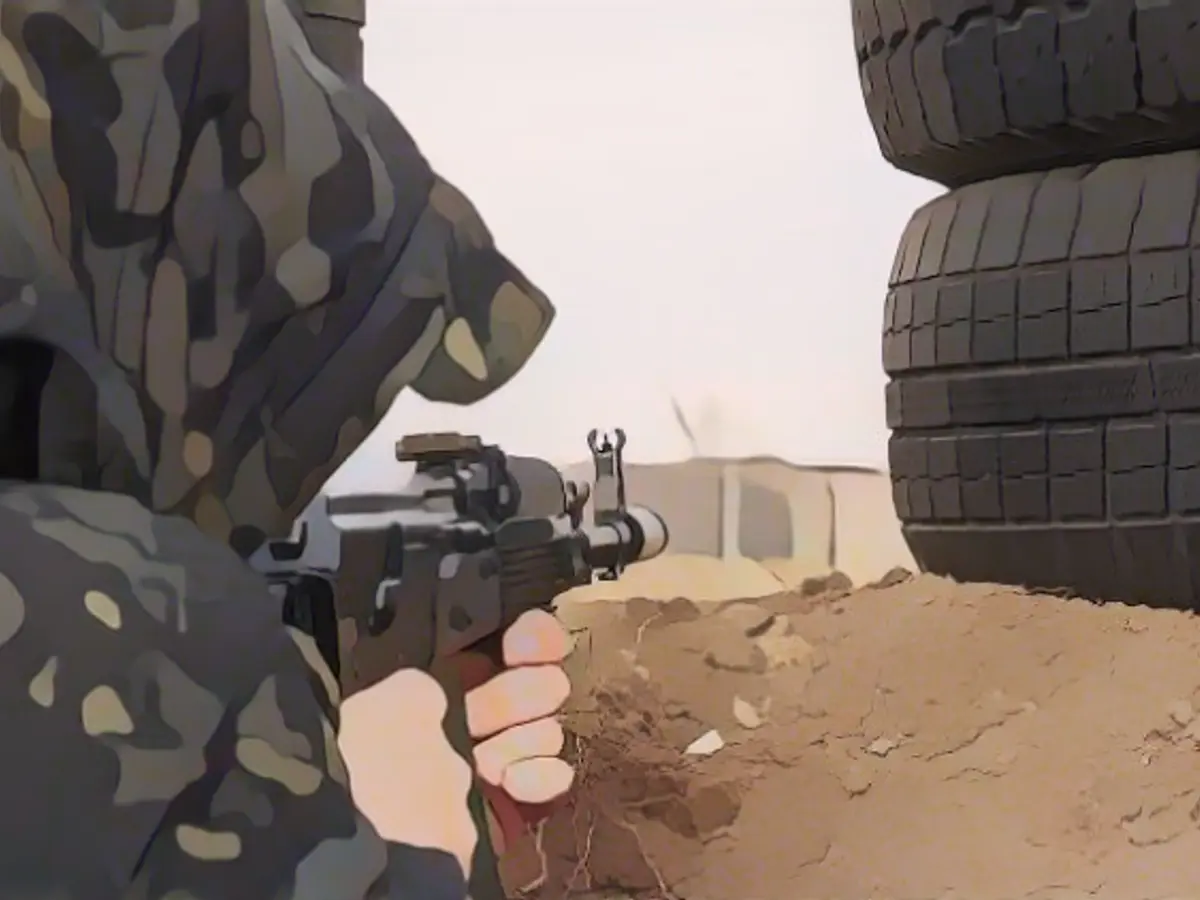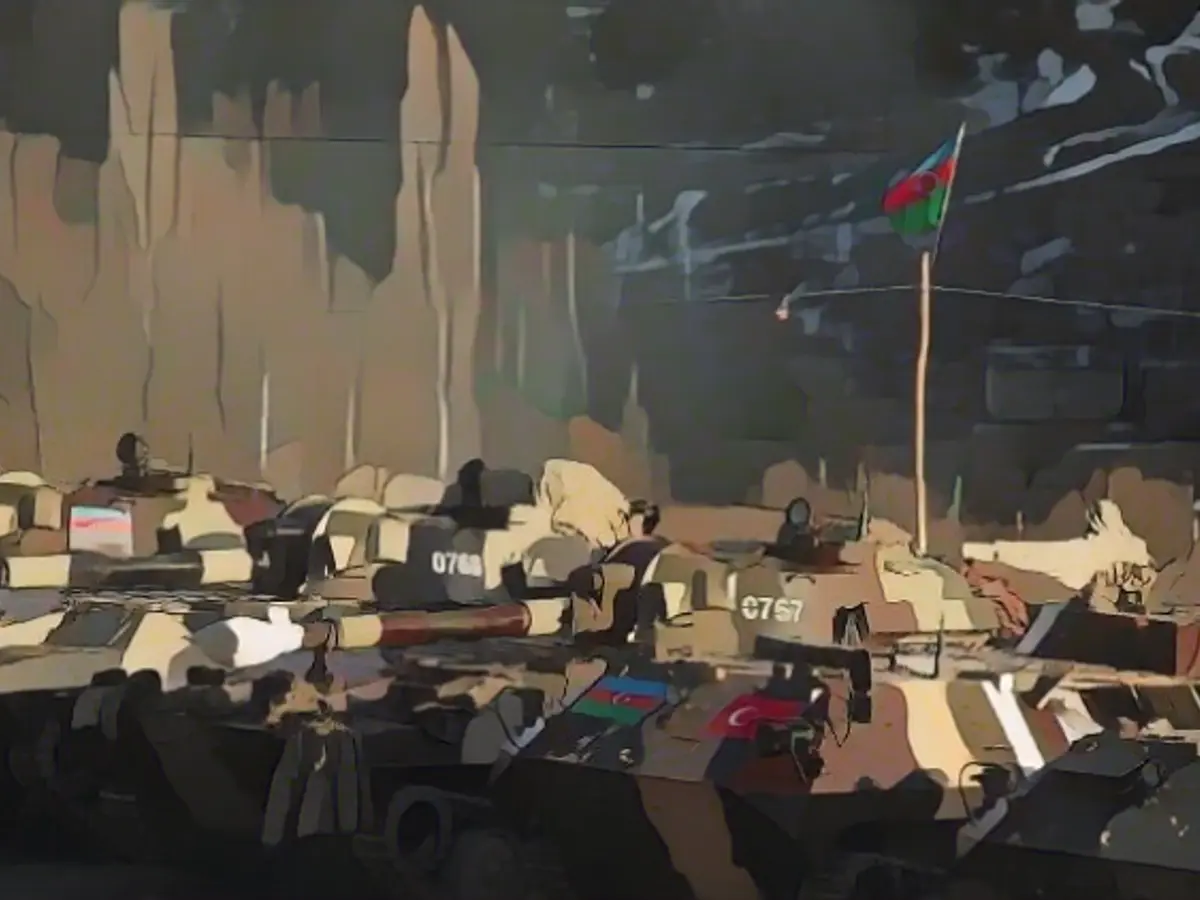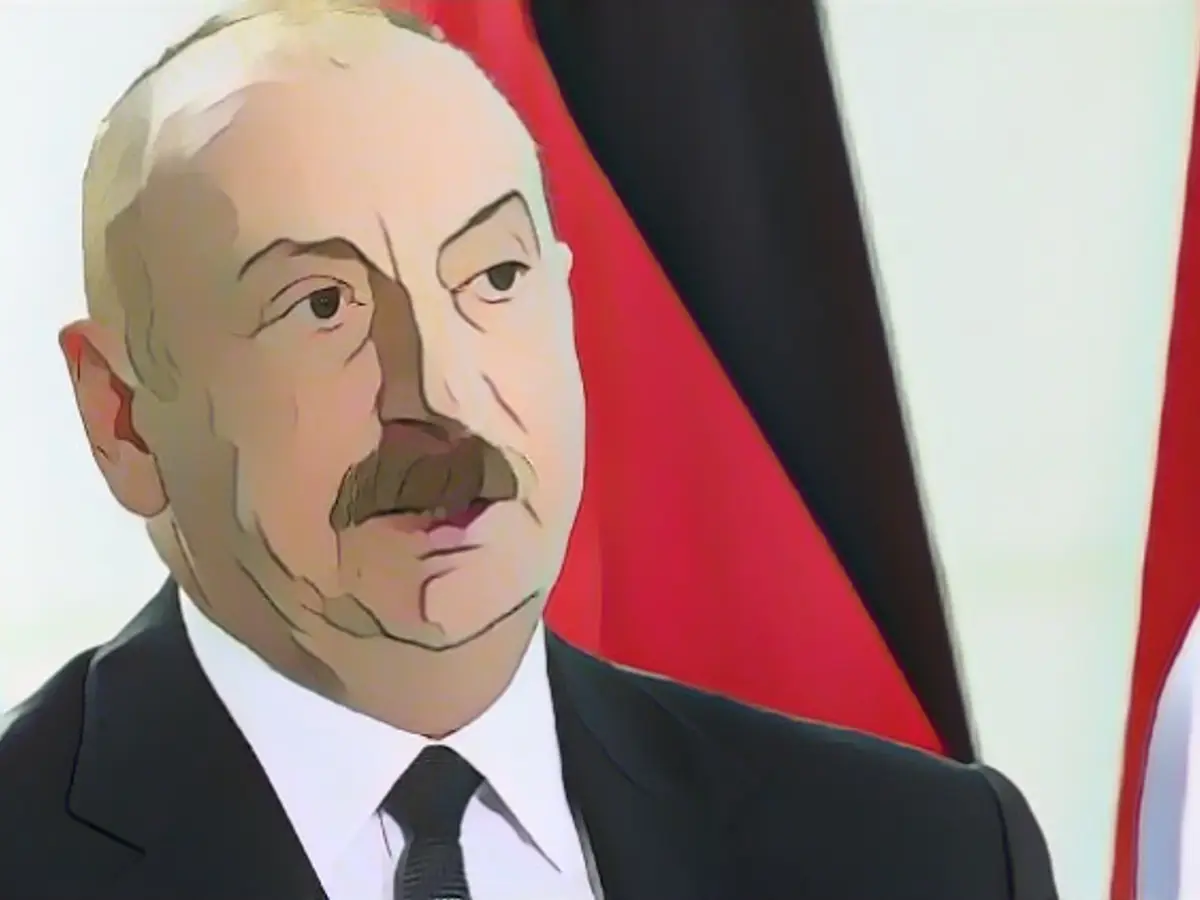Title: Azerbaijan's Skepticism Towards Peace Negotiations in the US-Armenia Standoff
Azerbaijan's unwillingness to engage in peace talks with Armenia in the United States stems from political obstacles and geopolitical dynamics, rather than a direct issue with American mediation, as some might assume.
In a surprising development, Azerbaijan declared it wouldn't participate in planned talks with Armenia in the USA, citing the country's alleged bias towards Baku as the main deterrent. This decision was echoed by a statement from Baku's Foreign Ministry, which demonstrated that the ever-persistent deadlock in resolving the Nagorno-Karabakh conflict is not expected to shift anytime soon.
The statement in question came following James O'Brien's testimony before the Foreign Affairs Committee of the US House of Representatives, where he suggested that relations between the USA and Azerbaijan would remain strained until genuine progress towards peace was achieved. This progress, as per O'Brien, would require Azerbaijan to make significant strides in relinquishing its grip on the disputed region.
On September 19, Azerbaijan launched a massive military offensive, eventually gaining full control of Nagorno-Karabakh – a region once controlled by pro-Armenian separatists – within a short span of time. The exodus of its former Armenian population saw nearly 120,000 inhabitants flee to Armenia.
The Optimistic Pledge of Aliyev and Pashinyan
Despite previous optimistic statements by Azerbaijan's leader Ilham Aliyev and Armenia's Prime Minister Nikol Pashinyan regarding potentially reaching a peace agreement with EU mediation, tensions persisted. The long-standing dispute between these former Soviet republics over Nagorno-Karabakh, an area recognized internationally as belonging to Azerbaijan, has escalated into several wars and conflicts over the years.
The Influence of History and Geopolitics
The Nagorno-Karabakh conflict is intrinsically tied to historical and ethnic tensions, making resolving the issue a complex challenge. In the aftermath of the 2020 six-week war, Azerbaijan reclaimed Susa (Shushi) and seven adjacent districts. The resulting geopolitical landscape together with the historical context provides a backdrop for the ongoing dispute and the complicated nature of negotiations.
Internal Opposition and Political Agendas
Armenian opposition, claiming that Prime Minister Nikol Pashinyan is prepared to concede Azerbaijani sovereignty over Nagorno-Karabakh, has added a new layer of complexity. Domestic political tensions stirred by this claim might impact Pashinyan's stance on specific conditions needed to strike a bilateral peace deal, such as recognizing Azerbaijan's territorial integrity.
Shifting Geopolitical Alliances and Russian Influence
In an attempt to shift geopolitical dynamics, Armenia has gravitated towards alternative mediators, distancing itself from Russia and its historical involvement in the Nagorno-Karabakh conflict. This move reflects a deep-seated mistrust of Russia's role within the region and its history of controversial mediation efforts in the past.
A political ascent in this geopolitical corner of the world requires an understanding of the delicate balance of power between Azerbaijan, Armenia, and regional actors. The intricate dynamics of historical, ethnic, and geopolitical factors necessitate a nuanced approach and patience in achieving resolution to the long-standing Nagorno-Karabakh dispute.






